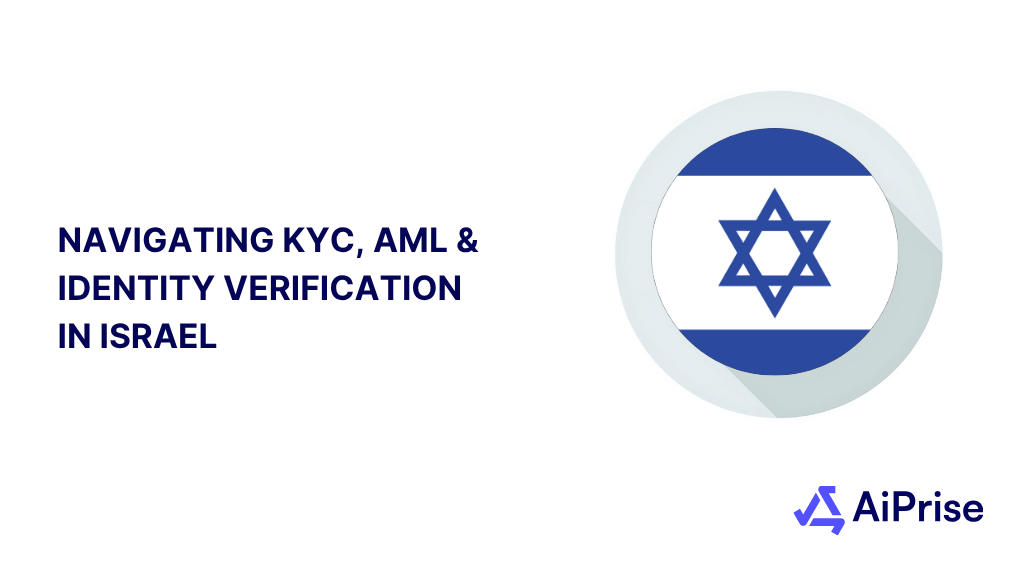AiPrise
10 mins read
July 1, 2025
Navigating KYC, AML, and Identity Verification in South Africa

Key Takeaways










South Africa's financial system is under the global microscope and with good reason. Over the past few years, regulatory scrutiny has intensified as the country works to align itself with international AML/CFT (Anti-Money Laundering and Counter-Financing of Terrorism) standards. Whether you're a bank, fintech, insurer, or crypto exchange, there's a growing expectation to build compliance not just into your operations but into your culture.
In this blog, we'll break down the evolving KYC, AML, and identity verification requirements in South Africa, the FATF greylisting context, and how modern businesses can stay ahead with automated compliance tools like Aiprise.
Why KYC and AML Matter in South Africa (Especially Now)
The pressure on South Africa to tighten its compliance infrastructure is no longer theoretical. In 2023, the Financial Action Task Force (FATF) greylisted the country due to identified weaknesses in its AML/CFT framework. This development marked a turning point for both regulators and financial institutions, forcing immediate and large-scale reform.
Since then, South Africa has taken meaningful steps to address the gaps. It has:
- Improved supervision by ensuring regulators apply proportionate and dissuasive sanctions
- Made beneficial ownership data more accessible and up-to-date
- Taken action against legal entities that fail to meet BO compliance obligations
As of early 2025, South Africa has addressed or largely addressed 20 out of 22 action items. If these final gaps are closed, the FATF may consider removing South Africa from the greylist by October 2025. Until then, businesses operating in this environment must demonstrate airtight compliance, starting with robust KYC and AML systems.
The importance is clear, but let's talk about the specific businesses and individuals that need to stay compliant.
Also Read: How To Do Business Verification In South Africa?
Who Must Comply with KYC/AML Laws in South Africa?
South Africa's main legal foundation for AML and CFT compliance is the Financial Intelligence Centre Act (FICA). It outlines specific obligations for businesses known as “accountable institutions.” Businesses are expected to know who they're dealing with, keep an eye on customer transactions, and report anything suspicious to the Financial Intelligence Centre (FIC).
Entities Classified as "Accountable Institutions" Under FICA Include:
- Commercial banks and mutual banks
- Long- and short-term insurers and reinsurers
- Credit providers (including microlenders and BNPL platforms)
- Foreign exchange traders and currency dealers
- Asset managers and financial advisors
- Gambling operators (casinos, sportsbooks)
- Attorneys, estate agents, auditors, and accountants
- Trust and company service providers (TCSPs)
- High-value goods dealers (e.g., luxury car dealerships)\
- Motor vehicle sellers and auctioneers
Each of these institutions must build internal AML programs, perform ongoing risk assessments, and ensure real-time identity verification for all customers, whether individuals or businesses. But who makes the rules, and how are they enforced? Let's look at the regulatory framework.
Also Read: How Banks Utilize Machine Learning For Fraud Detection
Historical Evolution of South Africa's National ID Systems

South Africa's national ID system reflects the country's socio-political transformations, from apartheid to democracy, and its shift toward modernization and inclusivity.
- Colonial and Apartheid Era
During colonial times, documents and passes were used to control the movement and employment of Black South Africans. Under apartheid (1948–1994), identity documents, particularly “passbooks” (dompas), regulated Black South Africans' movement, effectively segregating them from other racial groups. These passbooks became central to enforcing laws like the Group Areas Act.
- Post-Apartheid Reforms
Following the end of apartheid in 1994, South Africa merged its fragmented identity systems to ensure equal citizenship for all. The green barcoded ID book was introduced in July 1996, serving as the standard ID document for all South Africans. This system excluded racial identifiers and became crucial for accessing services, though it was susceptible to fraud due to limited security features.
- Modernization with Smart ID Cards
In 2013, South Africa began transitioning to Smart ID cards, incorporating biometric data (fingerprints, facial recognition) and advanced security features such as microchips and polycarbonate construction. These modernized cards aimed to combat fraud and improve service delivery, making it easier for citizens to access essential services like banking, healthcare, and voting.
- Transition to a Fully Digital National Identity System (NIS)
South Africa is transitioning to a fully digital National Identity System (NIS) that integrates civil and immigration records into a unified database. This shift aims to improve data security, accessibility, and efficiency, reflecting the country's commitment to inclusivity and modern governance, ensuring all citizens have equal access to services.
Now that we've traced the historical development of the ID system, let's examine the key laws and regulatory authorities that shape its current structure.
Regulatory Framework in South Africa
South Africa's AML/CFT regime is governed by a network of regulatory bodies, each with a clearly defined role. Together, they create the legal infrastructure for financial crime prevention, detection, and enforcement.
Key Regulatory Bodies:
- Financial Intelligence Centre (FIC): The central authority for AML/CFT in South Africa. It issues guidance, monitors compliance, receives suspicious transaction reports, and coordinates national efforts against financial crime.
- Financial Sector Conduct Authority (FSCA): Supervises financial institutions to ensure they meet regulatory and market conduct standards. Recently expanded its oversight to include crypto-related firms.
- South African Reserve Bank (SARB): Oversees prudential regulation, payment systems, and foreign exchange transactions.
- South African Revenue Service (SARS): Monitors tax-related financial crime and enforces reporting requirements on cross-border flows.
- National Prosecuting Authority (NPA): Responsible for investigating and prosecuting financial crimes, including money laundering and terrorist financing.
These agencies coordinate to uphold the mandates laid out in the Financial Intelligence Centre Act (FICA), South Africa's primary legal tool against money laundering and terrorist financing.
Let's move from the big picture to the day-to-day requirements, starting with customer identification under FICA.
Also Read: Understanding Regulatory Compliance: Definition And Requirements
KYC Essentials Under FICA
The Financial Intelligence Centre Act (FICA) mandates accountable institutions to establish and verify customer identity, assess risk, and monitor for suspicious behavior. This is commonly referred to as Know Your Customer (KYC).
Core KYC Obligations:
- Customer Due Diligence (CDD): Institutions must obtain and verify customer identity using valid documentation. This includes full names, ID numbers, residential addresses, and in some cases, proof of income or occupation.
- Enhanced Due Diligence (EDD): Required when dealing with high-risk customers such as politically exposed persons (PEPs), foreign clients, or entities with opaque ownership structures.
- Ongoing Monitoring: Institutions are required to continuously monitor client relationships and flag changes in behavior, especially in financial patterns.
- Record Keeping: FICA requires records of customer data and transactions to be retained for at least five years after the end of a business relationship.
With KYC in place, AML measures work hand-in-hand to provide full coverage against financial threats.
Also Read: Understanding Enhanced Due Diligence (EDD) In The KYC Process
AML Compliance
Anti-Money Laundering (AML) compliance goes beyond initial identity checks. It involves building a dynamic framework that can detect and respond to illicit behavior throughout the customer lifecycle.
Key AML Components:
- Suspicious Transaction Reporting (STR): Institutions must report any transactions that raise red flags to the FIC without tipping off the customer.
- Unusual Transaction Reporting (UTR): Transactions that deviate from the customer's normal profile must be flagged, even if they aren't clearly criminal.
- Sanctions Screening: All customers must be screened against local and global sanctions lists, including the United Nations Security Council and OFAC lists.
- Beneficial Ownership Identification: Institutions must take steps to identify the ultimate individuals who control or benefit from a legal entity.
- Training & Awareness: The Staff must be trained regularly to recognize suspicious activity and stay updated on regulatory changes.
AML compliance under FICA also applies to transactions that take place entirely outside of South Africa if they involve any local entities or touch the South African financial system.
Despite best efforts, compliance doesn't come without hurdles, especially in a complex market like South Africa.
Also Read: Guidelines For Beneficial Ownership And UBO Reporting
Compliance Challenges in South Africa
Despite significant progress, South African institutions still face several structural and operational challenges in building strong AML/KYC programs. Here are some of the major challenges:
- Beneficial Ownership Transparency: While improvements have been made, verifying the true owners of complex legal entities remains difficult, especially across borders.
- Technology Gaps: Many financial institutions still rely on manual or fragmented systems that slow down onboarding and increase error rates.
- Data Quality and Accessibility: Timely access to reliable data from identity documents, utility providers, and registries remains inconsistent.
- Crypto Regulation Ambiguity: The regulatory framework for crypto remains under development, creating uncertainty for crypto businesses and compliance officers.
- Greylisting Impact: While South Africa has made significant progress, ongoing greylisting affects cross-border trust, investor sentiment, and compliance expectations from global partners.
So, how can businesses overcome these obstacles? The answer lies in a few practical, proven strategies.
Also Read: Understanding The Basics Of A Compliance Management System
Best Practices for Stronger Compliance

Staying compliant in South Africa's regulatory environment means not only adhering to the law but also anticipating change. Institutions that treat compliance as a strategic function, not a back-office task, are better equipped to adapt and scale. Here are some recommended practices:
- Adopt a Risk-Based Approach: Tailor your KYC/AML measures to the specific risks associated with customer type, geography, and transaction behavior.
- Invest in Technology: Use reliable technology for ID verification, sanctions screening, transaction monitoring, and beneficial ownership analysis.
- Ensure Regulatory Alignment: Monitor updates from the FIC, FSCA, and FATF to adjust compliance processes proactively.
- Enhance Staff Training: Train frontline staff, compliance officers, and tech teams regularly to spot suspicious activity and understand evolving risks.
- Strengthen Governance: Establish a compliance committee or appoint a designated AML compliance officer responsible for oversight and reporting.
Implementing these strategies is much smoother with the right partner, and AiPrise makes a strong case.
Also Read: Understanding Risk Profiles in Know Your Customer (KYC) Processes
How Aiprise Helps Businesses Stay Compliant
In a time when global trust is built on transparency and accurate identity verification, AiPrise offers the perfect solution for businesses navigating complex compliance environments like South Africa's.
AiPrise offers AI-driven KYC, KYB, and AML solutions that help businesses verify identities, validate businesses, and detect financial risks quickly and accurately.
- Global KYC & KYB Checks: Instantly verify individuals and businesses using data from trusted sources worldwide.
- AML Monitoring: Screen against sanctions lists, PEPs, and adverse media to prevent financial crimes.
- Real-Time Compliance Updates: Stay aligned with the latest regulatory changes automatically.
Ready to see it in action? Book a free demo with Aiprise today. Because in today's regulatory climate, staying compliant isn't optional. But staying ahead? That's where the opportunity lies.
You might want to read these...

AiPrise’s data coverage and AI agents were the deciding factors for us. They’ve made our onboarding 80% faster. It is also a very intuitive platform.











.jpeg)


.jpg)




















.jpeg)






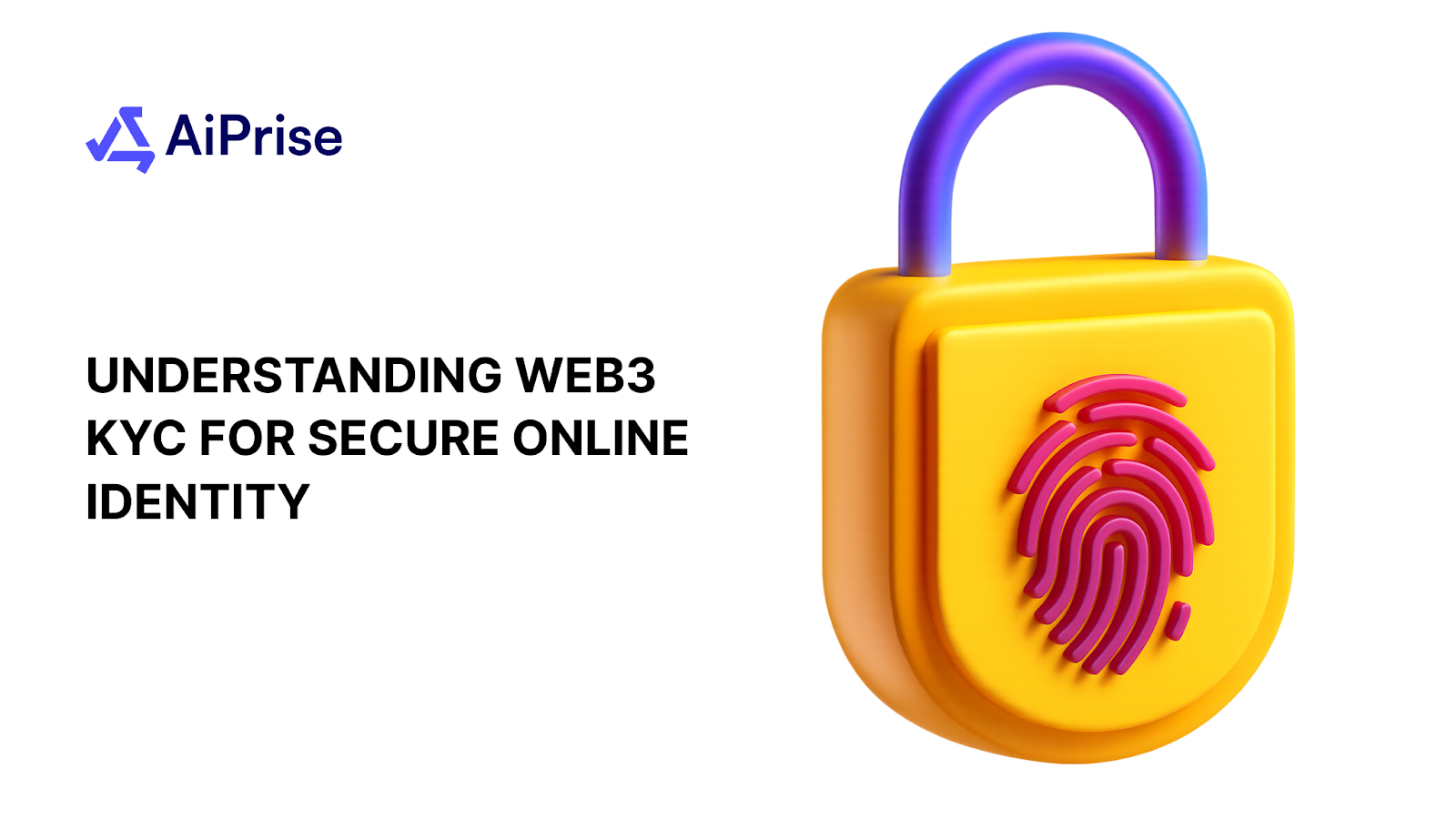
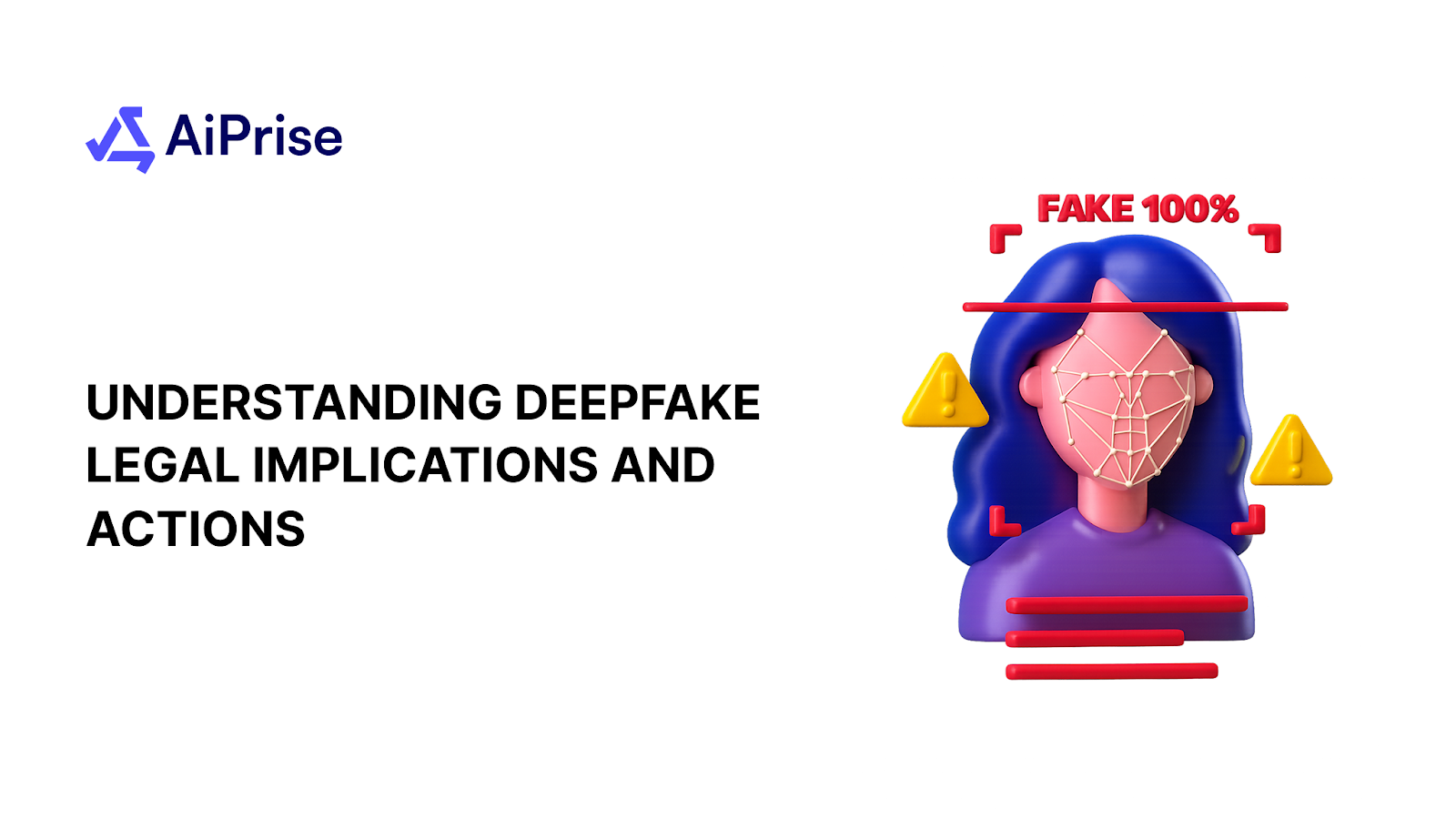
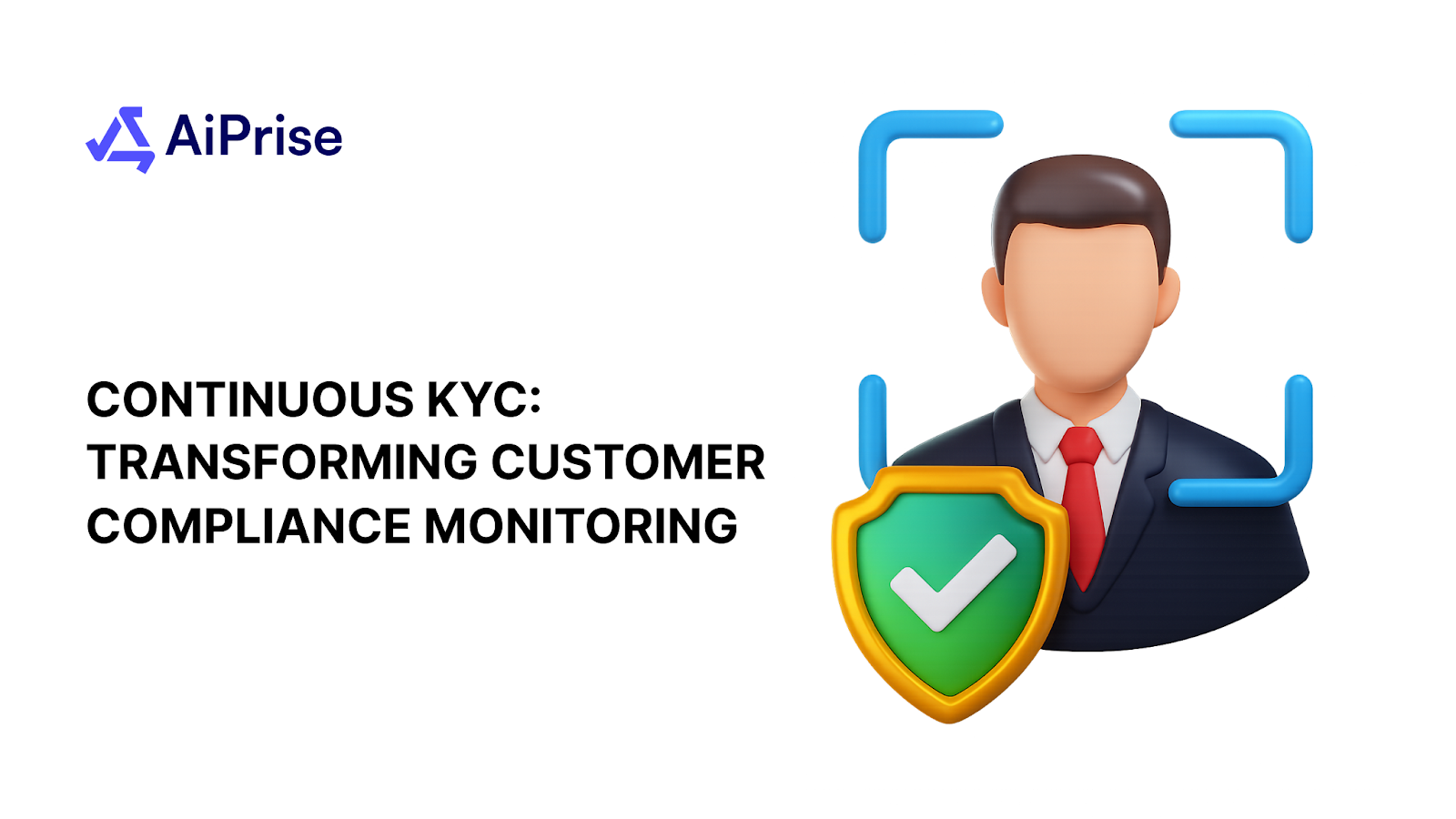

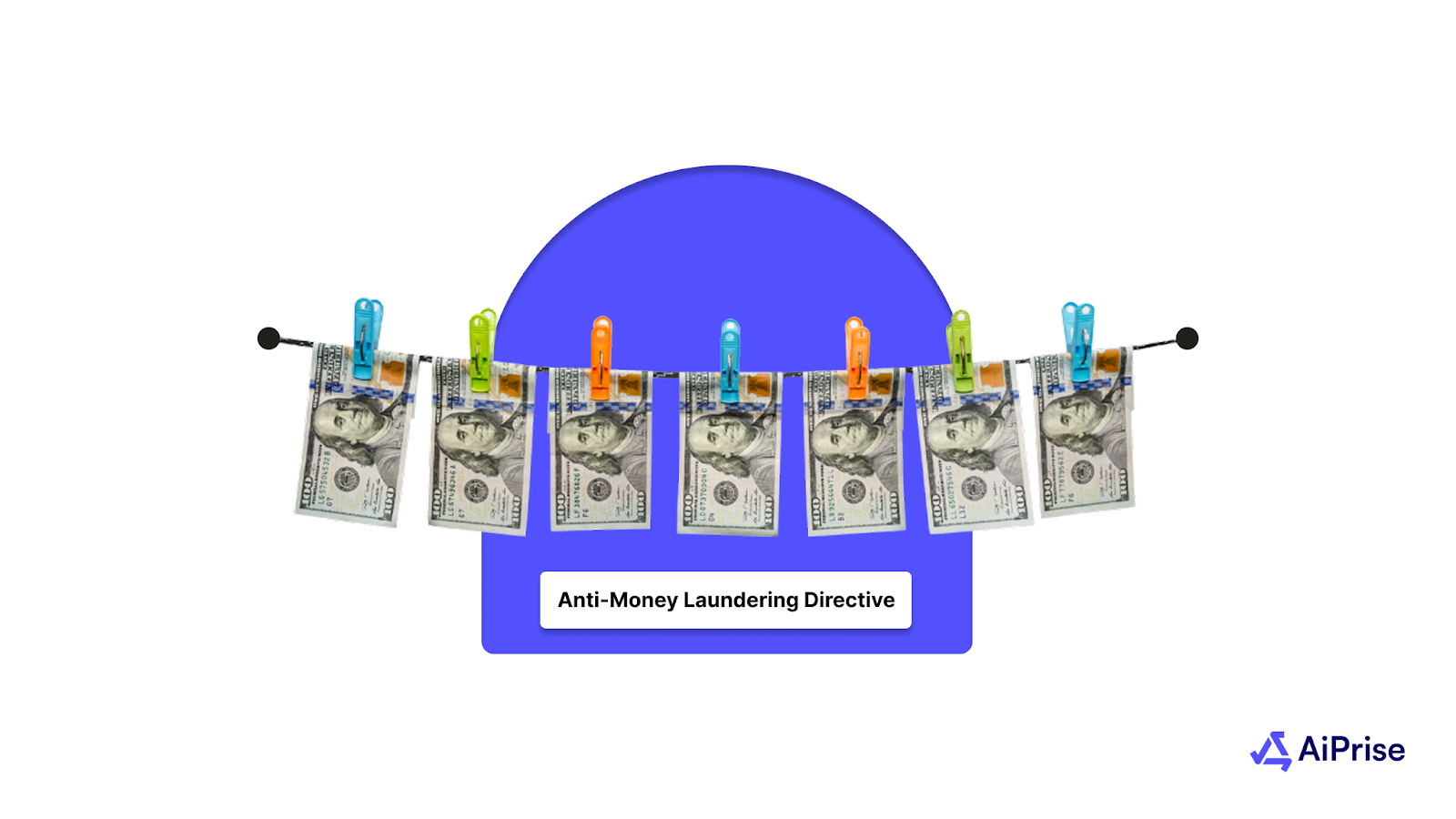
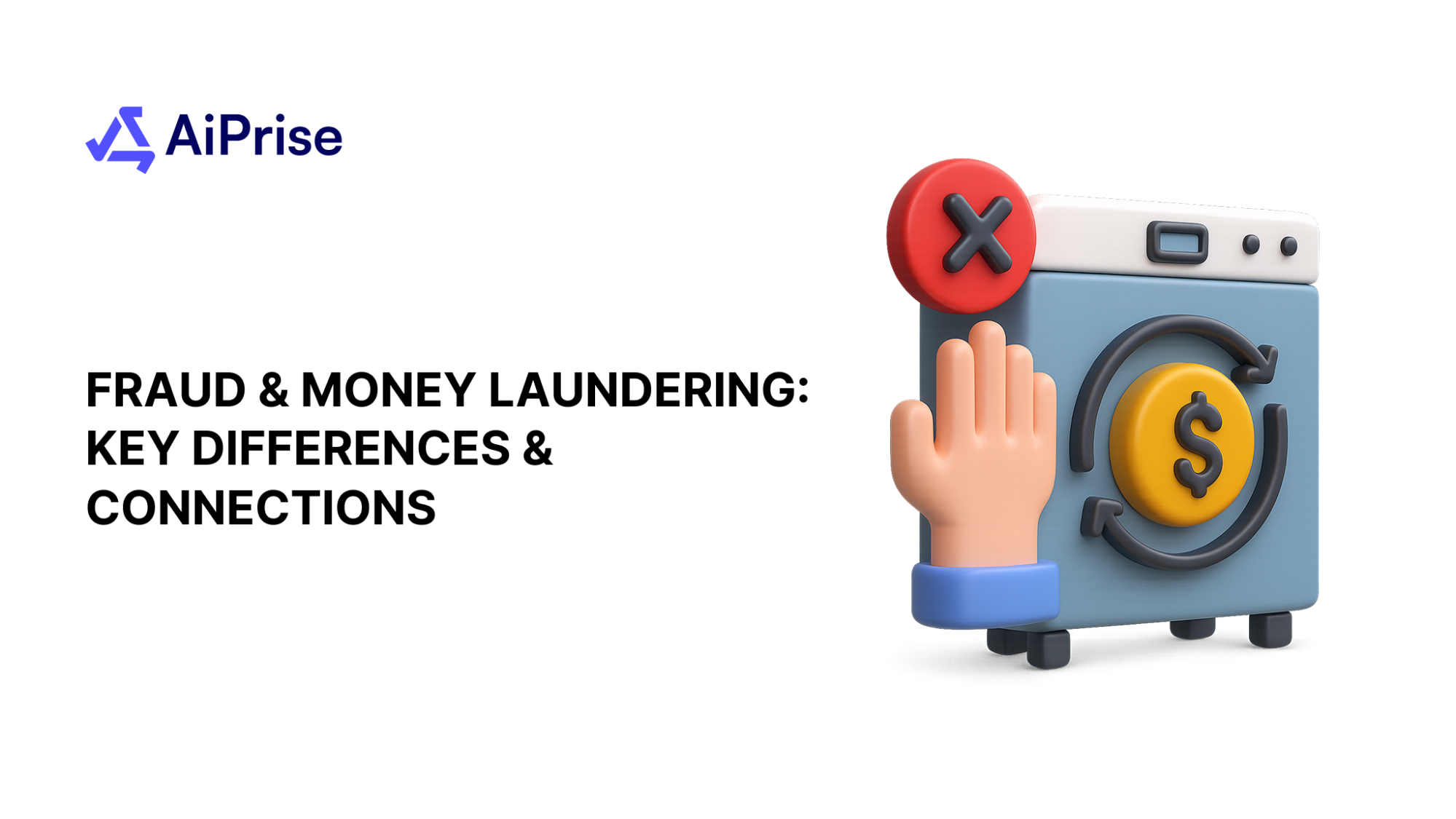
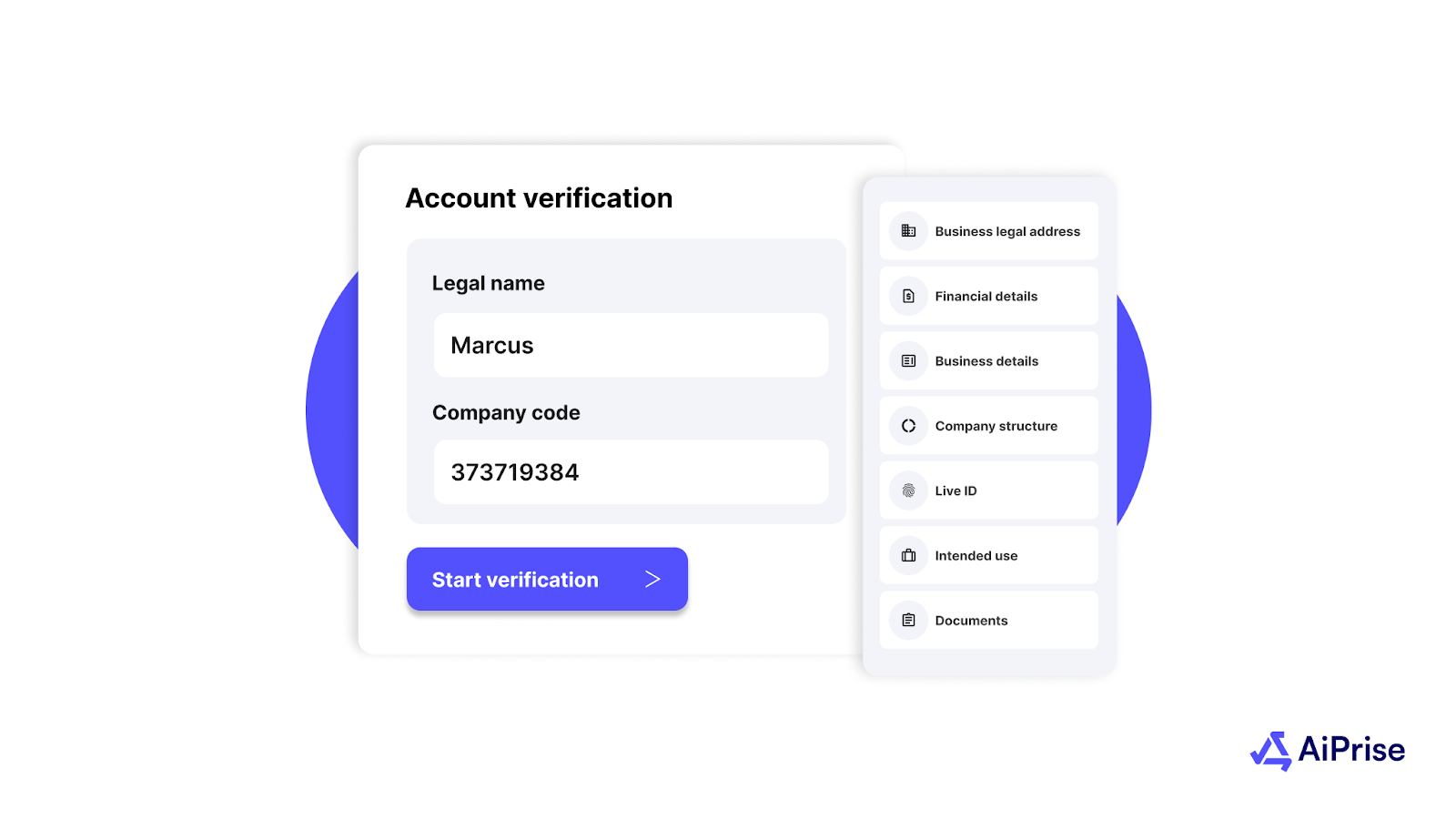

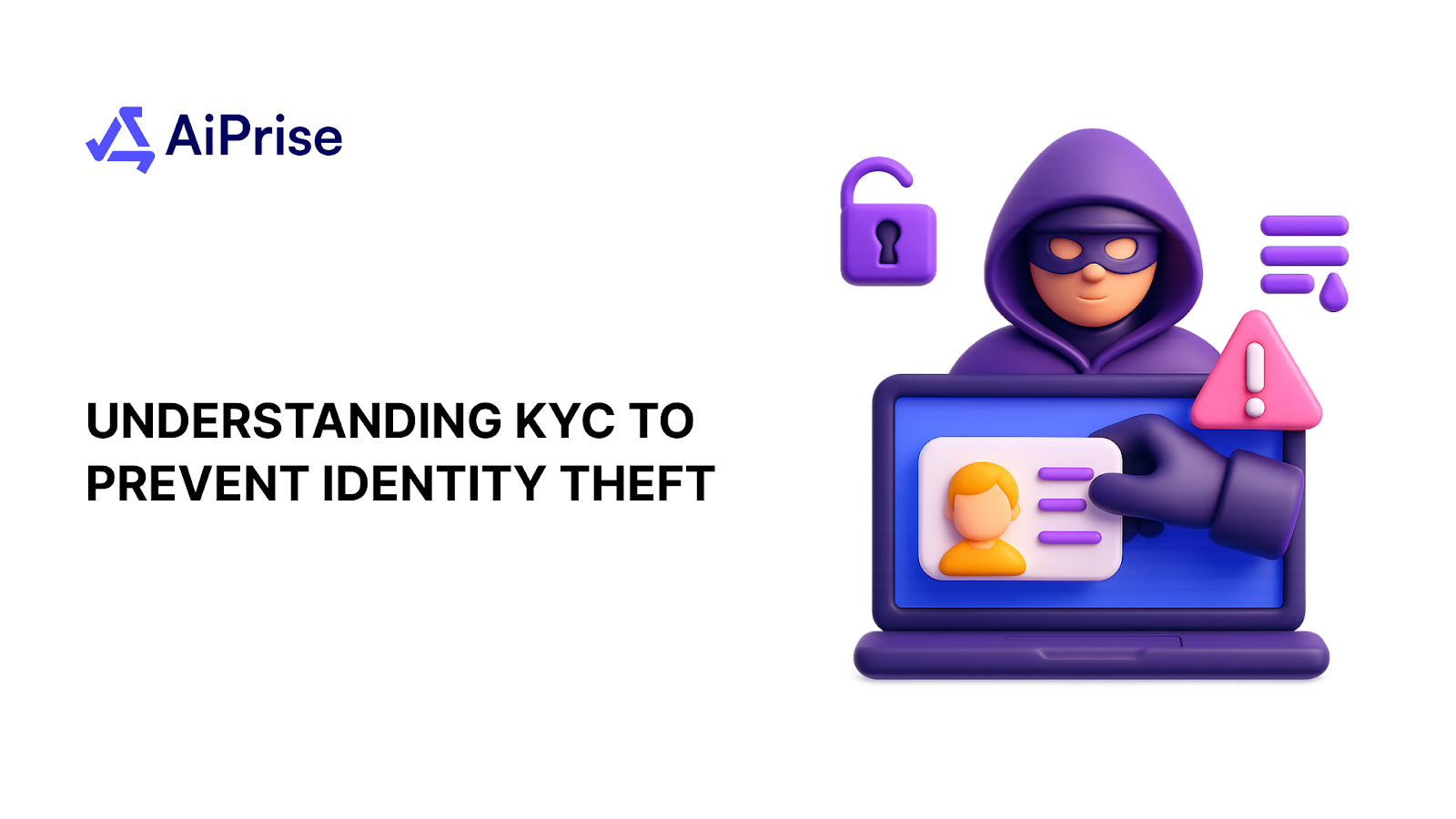
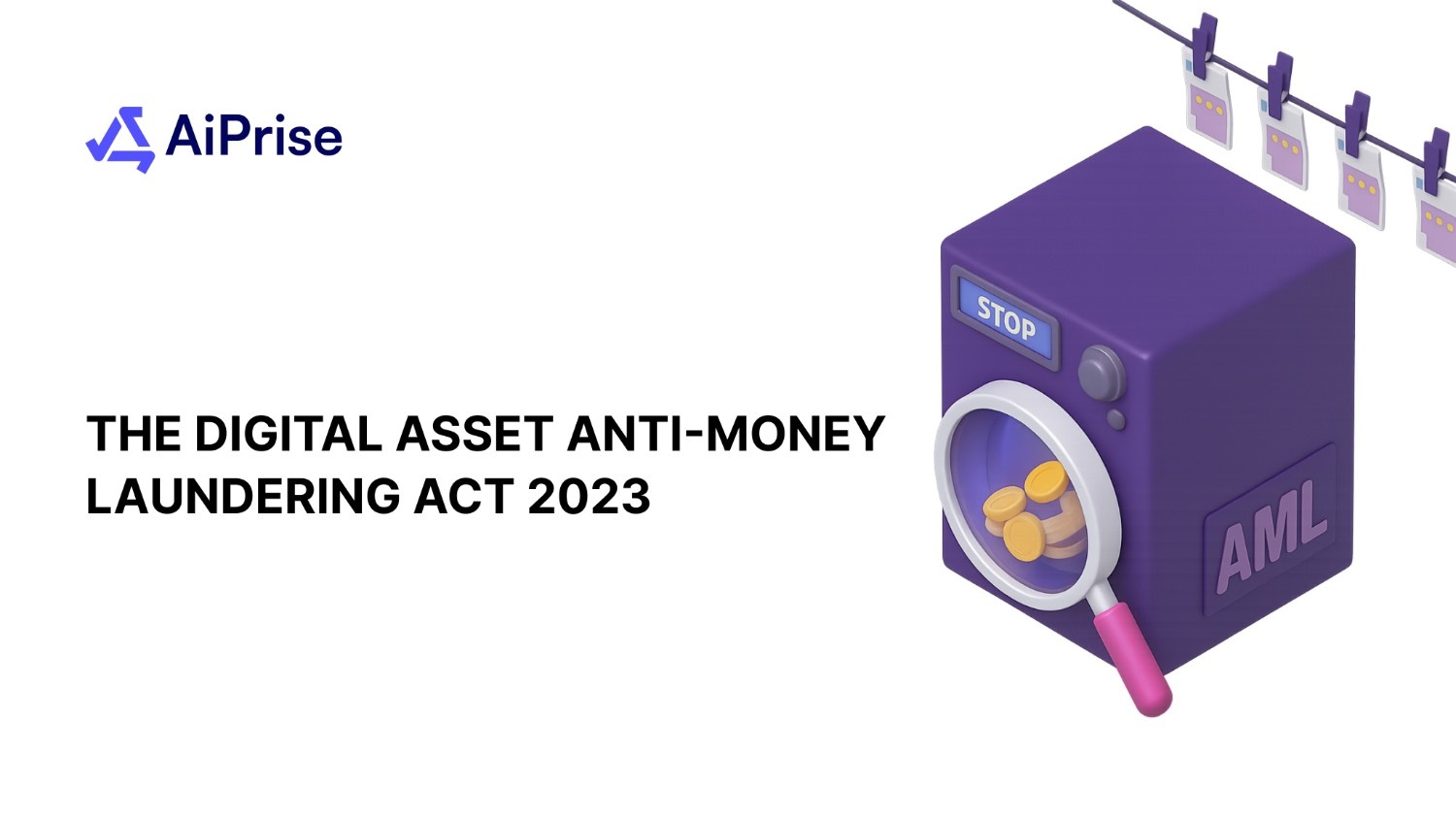


.png)
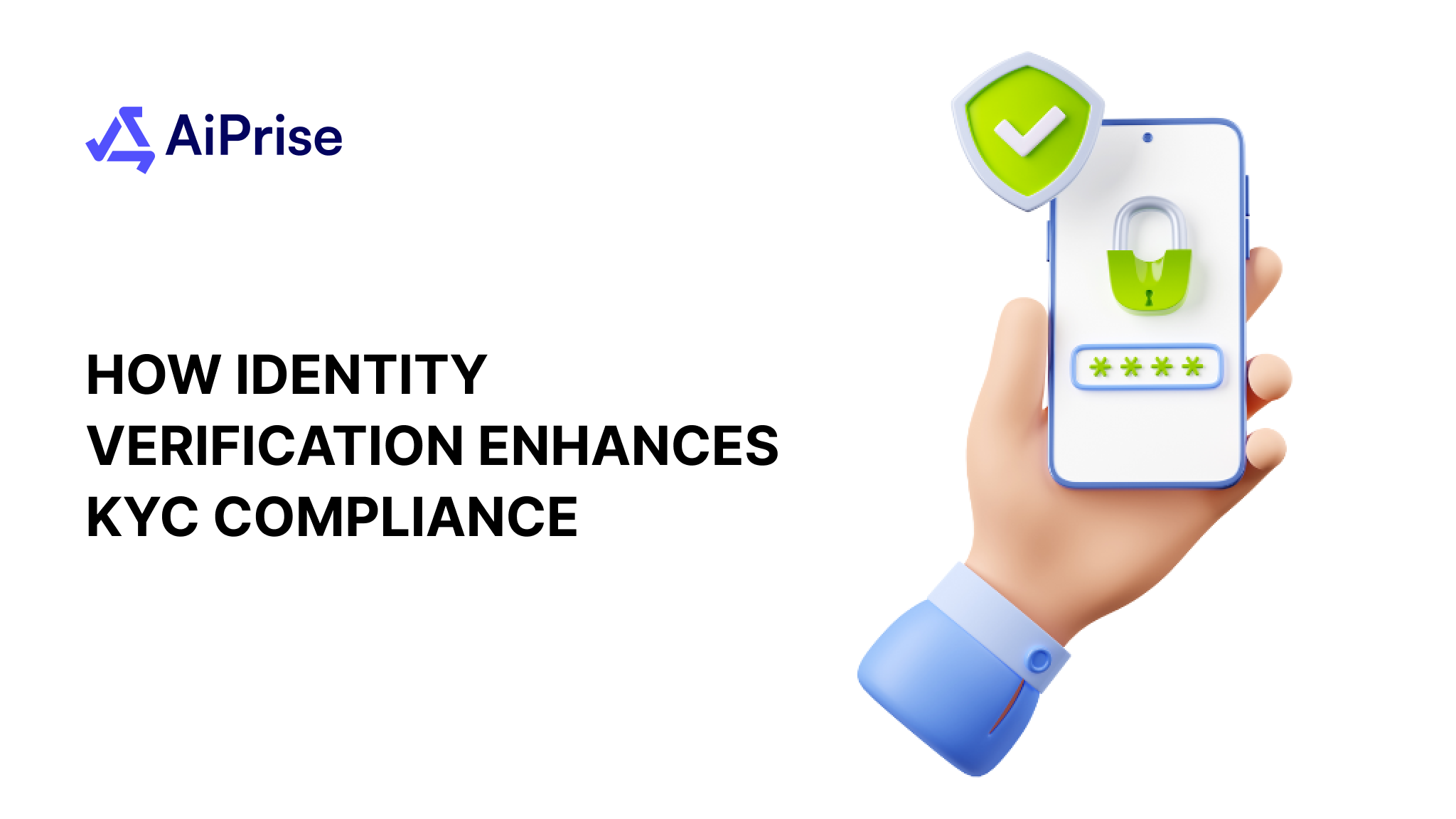
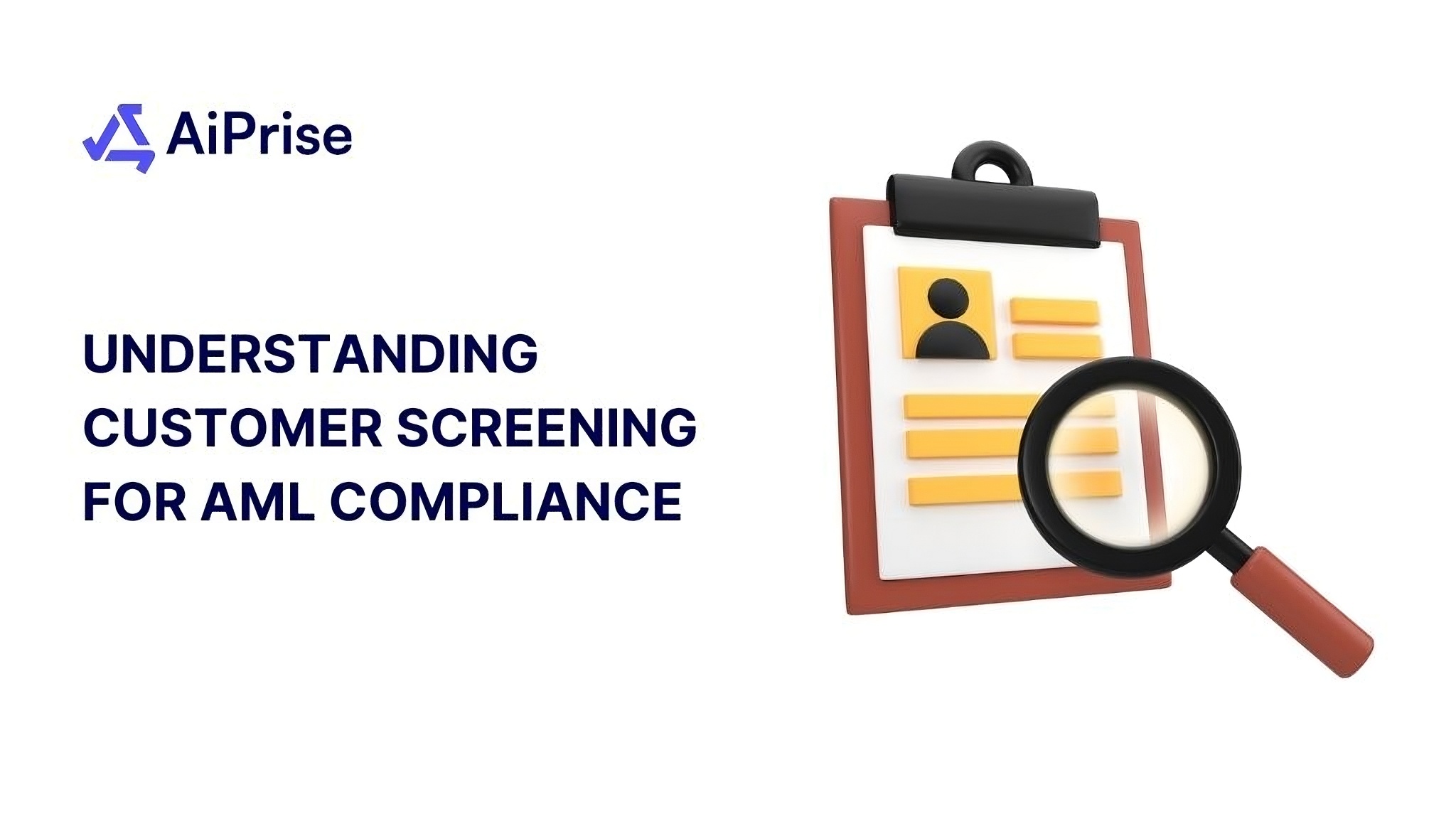

.png)


.png)
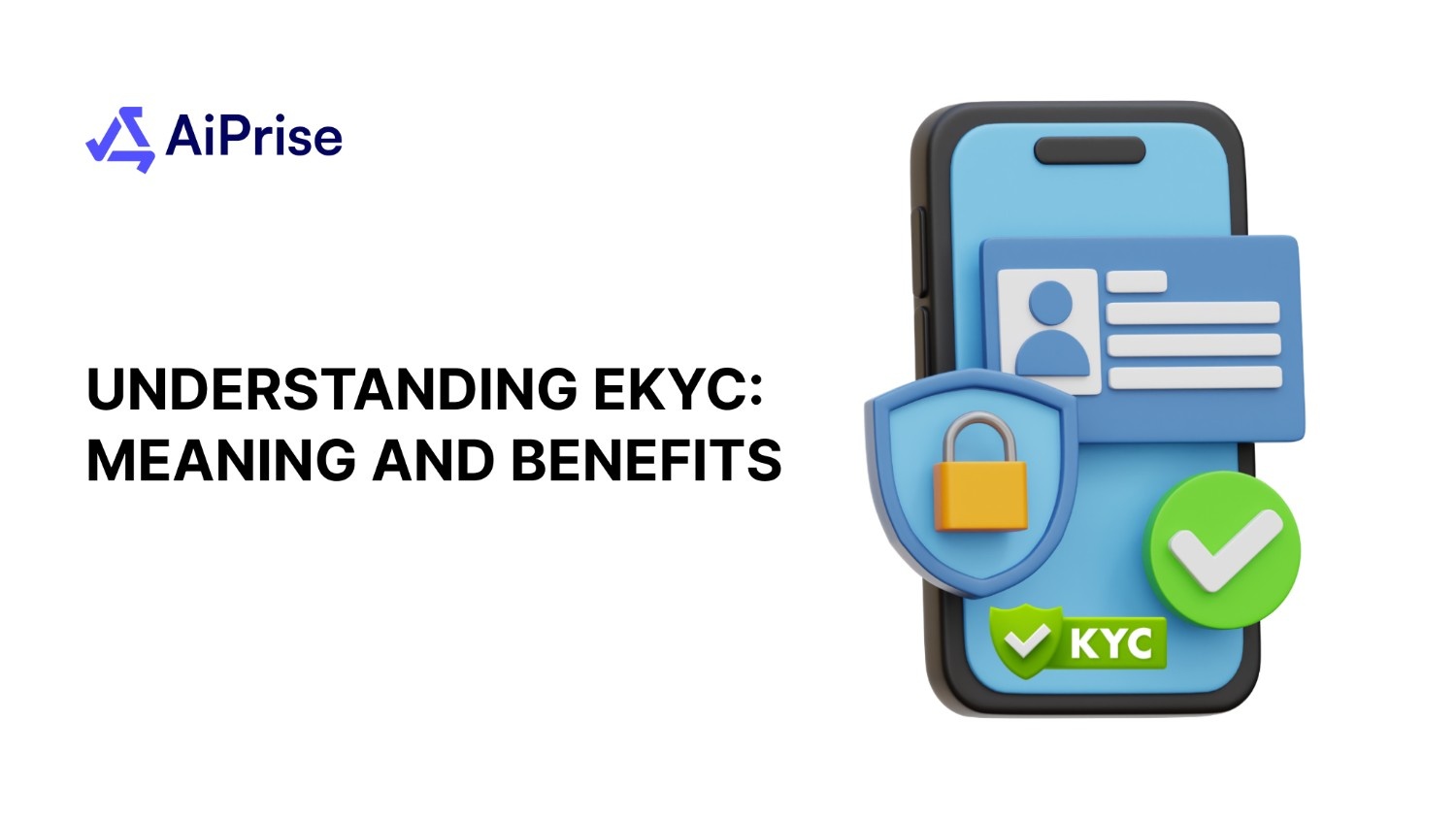
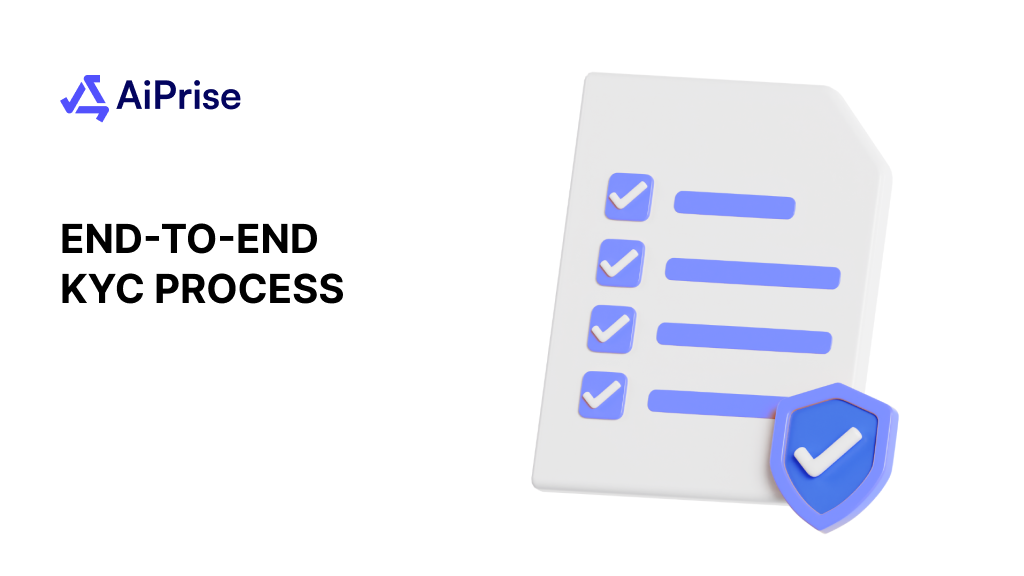

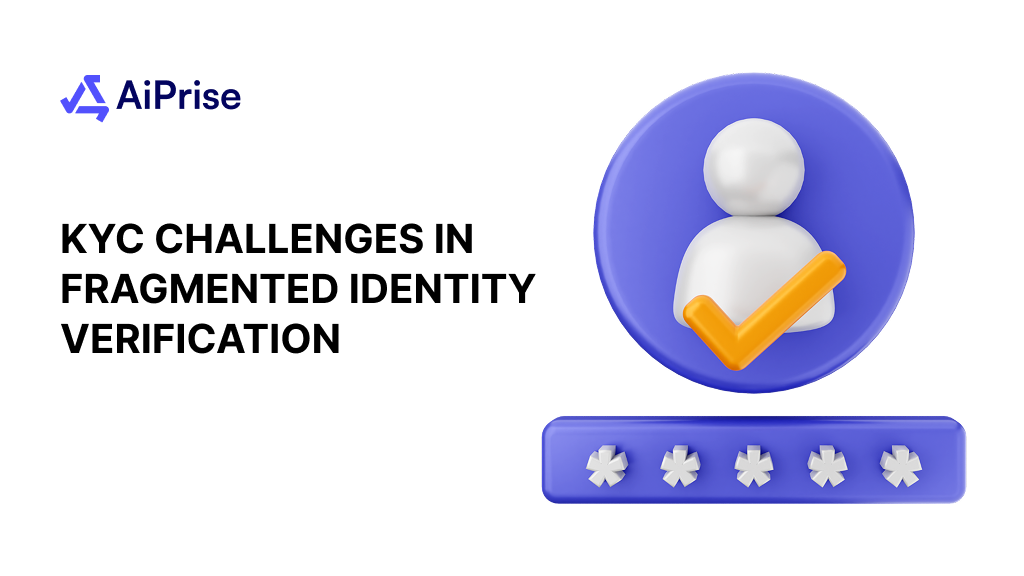

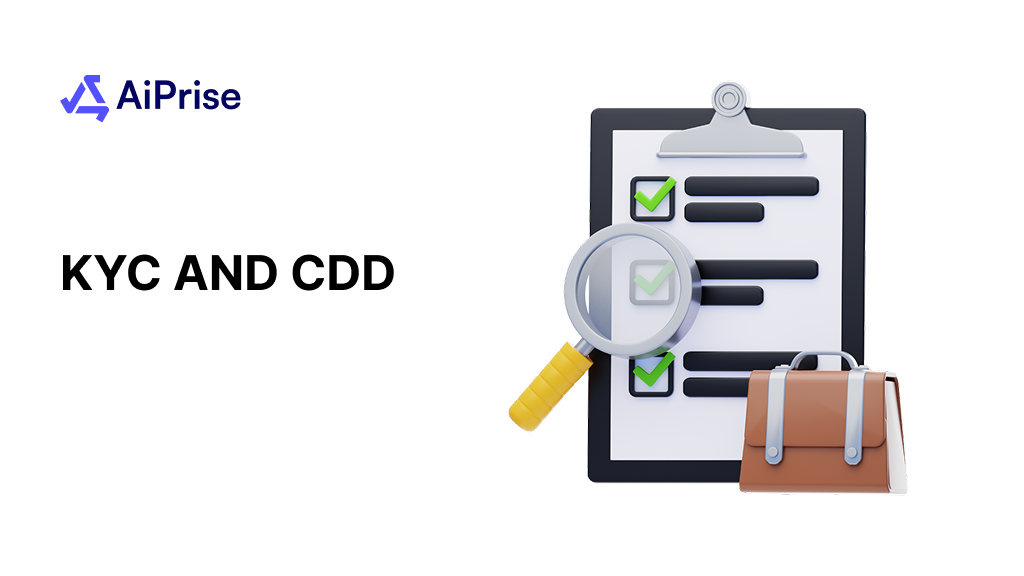









.png)






